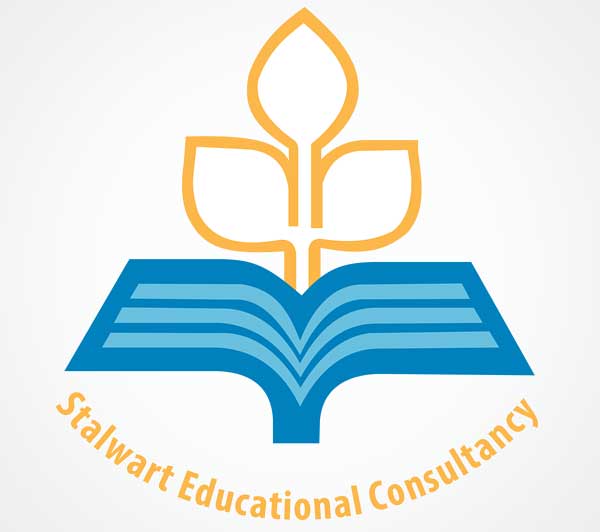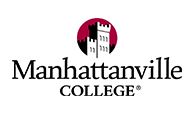United State of America
Study in USA
The land of dreams and opportunities, the U.S. offers high-quality educational options for students from around the globe. Be it for the quality of education or the career prospects after graduation, the U.S. has monopolized the attention of most all study abroad aspirants. Let’s take a closer look at the world’s most preferred country for higher education.
There are Five important reasons that attract international students to USA
Why USA?
It is believed that world’s finest higher education is available in the U.S., especially in the field of technology. U.S. degrees are accepted across the world and are considered to be among the most prestigious.
If research is your passion, the U.S. is the right choice. There are numerous research opportunities in every field that allow students to gain practical experience during their studies. In addition, due to funding from the U.S. government and public and private corporations, students who work as research assistants often receive a waiver of tuition fees and are provided with a stipend to help with their living expenses.
In addition to their major field of study and courses, students often have the option to take courses (called “electives”) in other subject areas, based on their interests. In addition, the selection of course offerings at most colleges and universities is very large and diverse. Sometimes students may even be able to “cross-register” or take courses at other nearby universities as part of their degree program.
In some situations, financial assistance is provided to international students. Most of the universities financially support international students either in the form of providing teaching or research assistantships. These assistantships are based on academic merit, rather than financial need. Awarded students will receive stipends, and/or either partial or full tuition waivers. In some cases, a student’s education could turn out to be completely free if the student exhibits exceptional skills in his or her field of study. Students also have the opportunity to receive grants, loans, and scholarships from various organizations
Most colleges and universities allow international students to work on their campus as part-time employees. Students who are on F-1 student visas can work on-campus up to 20 hours a week during the academic year, and up to 40 hours a week in the summer or vacation periods. The students are usually paid an hourly rate (usually from US$ 8.00-US$15.00 an hour), and their earnings help to cover their living expenses. Students are placed in jobs based on their financial need and personal skills and experience. For example, an English major may be placed at the university library, while someone who has a lifeguard certification may be placed at the campus Aquatic Center.
Students are allowed to work as interns in their respective academic fields outside of the campus during summer vacation. There are internship programs during the academic year as well. Internships are a valuable part of education as they help students gain practical experience while taking classes. Most universities also offer academic credit for internship experience.
Once students complete their degrees, they are authorized to work full-time for one year in a related field in order to gain practical experience. (As of 2008, students in certain fields can extend this to 17 months.) This program is called the Optional Practical Training (OPT) program. Many talented students are hired as a permanent employee after they complete their OPT period by securing sponsorship from their employers for an H-1 visa. The H-1B visa is a temporary work permit for foreign nationals to work in specialty occupations like Software, Engineering, Teaching, Accounting, or Marketing. Students may continue their work without leaving the U.S. after the status change approval.
Most all U.S. colleges and universities have an international student affairs office with advisors who provide extraordinary support to international students to help them navigate the sometimes confusing university and immigration bureaucracy and to get the most out of their educational experience. In addition to immigration and academic advising, these offices also often host events and workshops to help international students meet other students and get involved in campus life.
Apart from what is taught in the classroom, international students also get to interact with and learn from other students from many different countries and diverse religions, cultures, economic and ethnic backgrounds. This experience can be eye-opening for many international students and helps them to become true global citizens.
The success of any student will be directly proportional to the amount of dedication and hard work he or she exercises. Undoubtedly, the U.S. offers a very high quality of education. The variety of skills and cross-cultural environment can make the learning experience in U.S. universities a rich and unique one. With such diverse academic and cultural backgrounds, international students are better prepared for working with absolute ease anywhere in the world.
Documentation Checklist for admission & Visa
- Pay application fee
- Academic documents till date
- IELTS/TOEFL Score for all level admission
- Passport
- Work Experience (If any)
- SAT for Undergraduate admission
- GMAT, GRE admission for Master degree
- University/College Application form
- I-20 Issuance time 4 to 6 weeks weeks
- I-20 (Admission letter)
- All academic documents (Grade 10 to latest)
- All Character, provisional or migration certificate
- Proficiency certificate (IELTS, SAT, GRE, GMAT or any required)
- Recommendation Letter minimum 2 as reference
- Relationship Certificate with Sponsor and Family Member
- Sponsorship Letter from Sponsor (Third Party also can sponsor for your further study).
- Statement of Purpose
- Bank Balance certificate & Transaction (6 months preferred)
- Property Valuation (Enclose Lalpurja too)
- Income Source like: Salary, House Rent, Land Lease, Agriculture, Vehicle, Business income from Audit report etc.)
- CA Report
- Police Report
- Certificate of extracurricular activities
- Pay SEVIS fee and visa interview from Nabil bank
- Go for interview with payment receipt and SEVIS paid receipt.
Not Allowed
- Tuition Fee: $ 5000 to $ 9000 per semester, living expenses: $ 500 to $ 700 per month
- application fee UD$ 150 (or less or more)
- Expected total expenses: 10 to 12 lakhs
- 1st Study abroad destination for all over the world
- One year job search visa after graduation
- Straight Forward Visa Application
- Best Education in the World
- Excellent Academics
- English Speaking Country
- Flexibility in Course Curriculum
- Choices, Reputation, Relocation
- Knowledge, Skill and Professionalism career begins from here







